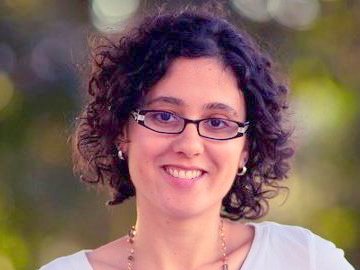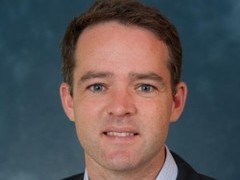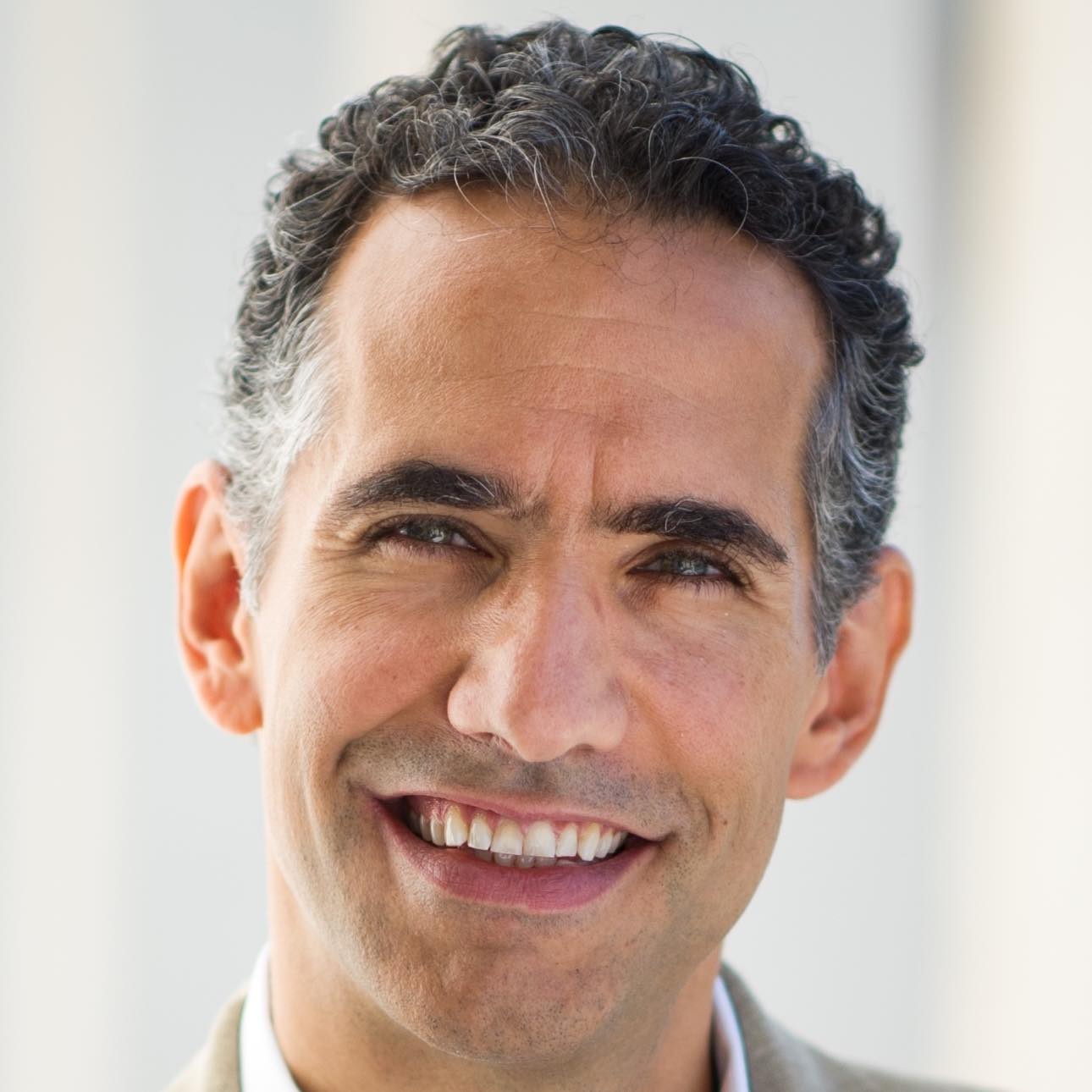2020 Lectures on Urban Economics
June 11 - July 30, 2020
Thursdays 11:00-13:00, Eastern Time (US and Canada)
Online
This June and July, the Urban Economics Association is organizing a weekly online lecture series on urban economics. The purpose of these lectures is to provide PhD students, post-docs and junior faculty with an introduction to the current research frontier in urban economics. We interpret urban economics broadly, including housing, real estate, transportation, local public good provision, the spatial distribution of activities, economic geography, and urban or regional policy.
Schedule

11 June 2020
Ed Glaeser (Harvard University)
"Equilibrium over Space: The Canonical Urban Models"

18 June 2020
Leah Platt Boustan (Princeton University)
"Race, Migration, and Cities"

25 June 2020
Gilles Duranton (Wharton)
"The Benefits and Costs of Cities"

2 July 2020
Steve Redding (Princeton University)
"Quantitative Urban Models"

9 July 2020
Vernon Henderson (London School of Economics)
"Cities in Developing Countries"

16 July 2020
Dave Donaldson (MIT)
"Economic Geography and Path Dependence"

23 July 2020
Veronica Guerrieri (Chicago Booth)
"Neighborhoods and Inequality"

30 July 2020
Esteban Rossi-Hansberg (Princeton University)
"Dynamics in Spatial Economics"
Organizers
Clare Balboni (MIT), Donald Davis (Columbia University), Fabian Eckert (Princeton and UCSD), Kurt Schmidheiny (University of Basel), Daniel Sturm (London School of Economics), Matthew Turner (Brown University).
PhD Student Workshop
To complement this lecture series, the Urban Economics Association will also run an online PhD Student Workshop in September 2020. The workshop will provide advanced PhD students with an opportunity to present and discuss their own research.
Detailed Program and Material
| Week 1 | |
| Date: | 11 June 2020, 11:00-13:00, Eastern Time (US and Canada) |
| Lecturer: | Ed Glaeser (Harvard University) |
| Title: | Equilibrium over Space: The Canonical Urban Models |
| Abstract: | The fundamental theoretical tool of urban economics is the assumption of an equilibrium across space. Individuals and firms have the option to relocate, and hence they must receive roughly the same welfare or profits in different locations. This lecture will introduce the two most canonical models of urban economics: the intra-city Alonso-Muth-Mills model and the inter-city Rosen-Roback model. I will then discuss how these models can include heterogeneous agents with place-specific preferences and how these models can be used as a basis for empirical work. |
| Material: | Slides (pdf), References (pdf) |
| Video: | YouTube |
| Week 2 | |
| Date: | 18 June 2020, 11:00-13:00, Eastern Time (US and Canada) |
| Lecturer: | Leah Platt Boustan (Princeton University) |
| Title: | Race, Migration, and Cities |
| Abstract: | Cities are productive sites for economic activity. Yet not all urban residents have equal access to the economic opportunities provided in urban areas. This lecture will explore the historical determinants of residential segregation by race and immigrant status, and the economic consequences of segregation and immigrant enclaves in the past and today. Special attention will be paid to exciting new sources of historical longitudinal census data that can be geocoded with individual street addresses. |
| Material: | Slides (pdf), References (pdf) |
| Video: | YouTube |
| Week 3 | |
| Date: | 25 June 2020, 11:00-13:00, Eastern Time (US and Canada) |
| Lecturer: | Gilles Duranton (Wharton) |
| Title: | The Benefits and Costs of Cities |
| Abstract: | Cities bring substantial economic benefits. But, as the covid crisis painfully reminds us, large human concentrations also entail costs. This lecture will review the well-established literature on agglomeration economies, putting special emphasis on measurement and identification issues. It will also introduce the more recent work that examines the various costs of cities and how to articulate them together. Finally, I will discuss the equilibrium resulting from the tradeoff between benefits and costs of urbanization. |
| Material: | Slides (pdf), References (pdf) |
| Video: | YouTube |
| Week 4 | |
| Date: | 2 July 2020, 11:00-13:00, Eastern Time (US and Canada) |
| Lecturer: | Steve Redding (Princeton University) |
| Title: | Quantitative Urban Models |
| Abstract: | This lecture reviews recent developments in quantitative models of cities. The complexity of modeling spatial interactions between agents has meant that the theoretical literature on urban economics and economic geography has traditionally focused on stylized settings − such as a small number of symmetric locations − that cannot easily be taken to the data. More recent research has developed quantitative models of the spatial distribution of economic activity within and across cities. These models are rich enough to incorporate first-order features of the data, such as large numbers of locations with heterogeneous geography, productivity, amenities, and local factors, as well as trade and commuting costs. At the same time, these models are sufficiently tractable to enable quantitative counterfactuals to evaluate empirically meaningful policies and counterfactual scenarios. |
| Material: | Slides (pdf), References (pdf) |
| Video: | YouTube |
| Week 5 | ||
| Date: | 9 July 2020, 11:00-13:00, Eastern Time (US and Canada) | |
| Lecturer: | Vernon Henderson (London School of Economics) | |
| Title: | Cities in Developing Countries | |
| Abstract: | Sub-Sharan Africa and large parts of Asia are the last frontiers of urbanization. Many countries in these regions are rapidly urbanizing at relatively low incomes and with undeveloped institutions. This poses severe problems in managing quality of life and urban investment. Moreover, in a large set of countries urbanization is occurring in the absence of classic structural transformation. For the urban system, that poses economic and policy issues. For economists, it poses challenges in modeling and in developing relevant data sets. For within city development, there is the challenge of developing “sustainable cities” and managing the institutions to encourage appropriate investment in durable capital: buildings, roads, and other infrastructure. We examine key issues concerning the role of slums, land market institutions, and housing markets. | |
| Material: | Slides (pdf), References (pdf) | |
| Video: | YouTube | |
| Week 6 | |
| Date: | 16 July 2020, 11:00-13:00, Eastern Time (US and Canada) |
| Lecturer: | Dave Donaldson (MIT) |
| Title: | Economic Geography and Path Dependence |
| Abstract: | Economic activity in modern economies is staggeringly concentrated. For example, almost 20% of value added in the United States is currently produced in just three cities, which occupy a mere 1.5% of the country’s land area. What is the cause of this extreme agglomeration of economic activity in a relatively select few locations? This lecture will discuss two answers that have been emphasized in the economic geography literature. The first answer invokes "good fundamentals": exogenous locational characteristics that make them more productive places to produce and/or more enjoyable places to live. The second answer points to “good history”: favorable initial conditions that have led mobile factors to agglomerate near each other in a persistent or path-dependent manner that is self-fulfilling because of positive externalities in production and/or amenities. I will review theoretical and empirical work on this topic, as well as recent work that aims to quantify the importance of "fundamentals" relative to "history" in understanding the economic geography of the United States. |
| Material: | Slides (pdf), References (pdf) |
| Video: | YouTube |
| Week 7 | |
| Date: | 23 July 2020, 11:00-13:00, Eastern Time (US and Canada) |
| Lecturer: | Veronica Guerrieri (Chicago Booth) |
| Title: | Neighborhoods and Inequality |
| Abstract: | In the last 40 years the US has experienced not only a sharp increase in income inequality, but also a sizeable increase in residential segregation by income. There is also a growing body of work that uses micro data to show evidence of strong neighborhood exposure effects on children future income. In this lecture, I will first show some of this evidence and then I will focus on the theoretical models that have been developed to think about the feedback between inequality and residential segregation. Finally, I will show some recent work that tries to quantify the effect that this feedback can have in amplifying the rise in inequality that the US has experienced. |
| Material: | Slides (pdf), References (pdf) |
| Video: | YouTube |
| Week 8 | |
| Date: | 30 July 2020, 11:00-13:00, Eastern Time (US and Canada) |
| Lecturer: | Esteban Rossi-Hansberg (Princeton University) |
| Title: | Dynamics in Spatial Economics |
| Abstract: | The literature on spatial economics has developed a number of spatial equilibrium models that help us understand the effect of a variety of shocks and policies on the distribution of economic activity. These models can account for rich spatial heterogeneity but are mostly static. Introducing dynamics in these frameworks is challenging but essential in many applications where adjustment costs, consumption-savings decisions and wealth accumulation, or local investment decisions, are important. I will discuss a number of newly developed dynamic-spatial frameworks together with applications to location decisions and climate-change adaptation. |
| Material: | Slides (pdf), References (pdf) |
| Video: | YouTube |
We acknowledge the kind support of the International Economics Section at Princeton University.